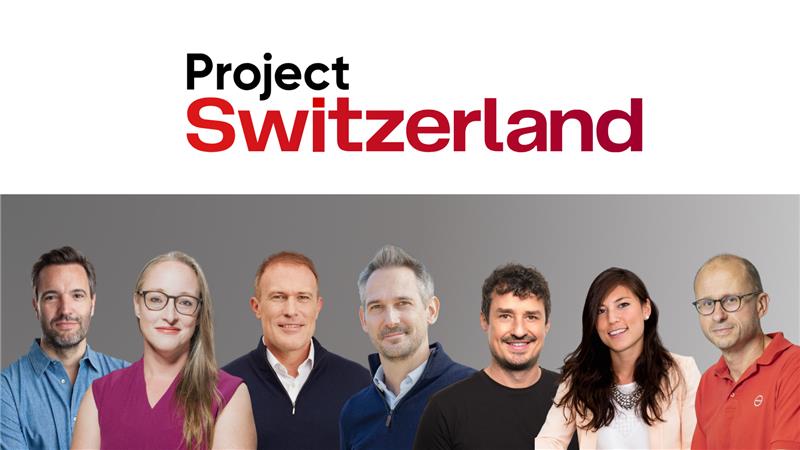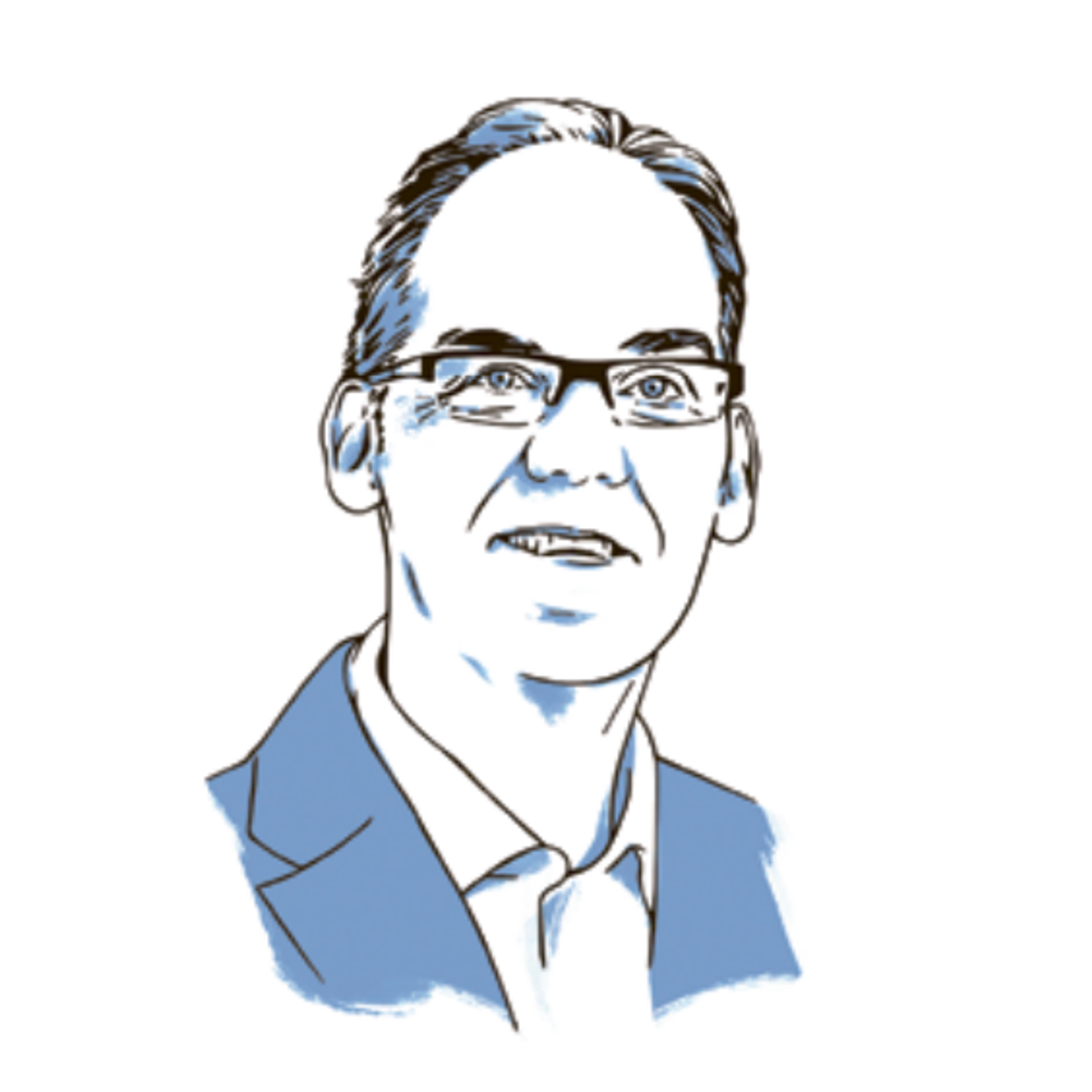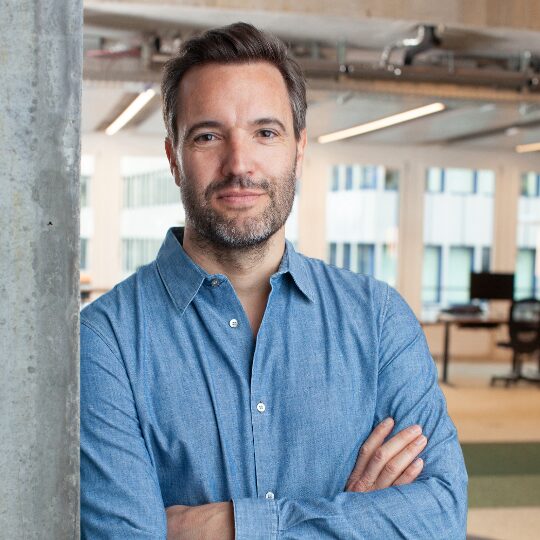Scandit has never advertised itself by referring to its Swiss origins. “We had a global vision from the beginning,” explains Samuel Müller, CEO and co-founder of Scandit. Today, Scandit enjoys a strong position in Europe, the US and Japan. Its customers include some of the largest retail chains and logistics service providers, and its software runs on more than 150 million mobile devices.
“Our innovation leadership is absolutely central to our success,” explains Müller. Accordingly, 40% of the 500 employees work in development. Scandit initially developed software that allowed dedicated handheld barcode scanners to be replaced by smartphones. The capabilities have been continuously expanded since then. Today, for example, retail store employees can see at a glance whether all goods are in the right place or whether the prices are correctly labelled by scanning a row of shelves with their smartphone camera.
Scandit’s shelf intelligence solutions help retailers work more efficiently and with fewer errors and simultaneously relieves employees of repetitive tasks. In addition, Scandit’s global operations enable them to share best practices in retail, providing comprehensive support to their customers.
At the beginning, it required not only intensive development work to ensure reliability, but also much persuasion on the customer side. And since Scandit had its sights set on a wider horizon than Europe from the start, this also required a lot of travelling. “I spent a lot of time in the US,” recalls Müller.
Investors have recognised Scandit’s technology, ambition and leverage across several continents, injecting USD 300 million into the company and turning it into a unicorn. Among the backers are Google’s venture capital arm and Atomico.
Given the strong ties to the US, there were repeated discussions about whether a company such as Scandit should not have its headquarters there. Today, this is no longer an issue. Müller is convinced that the general conditions in Switzerland are very good. He cites the high standard of education, the availability of international talent, a stable environment and the absence of over-regulation as advantages. However, he sees a need for action in terms of creating incentives for investors.
Nevertheless, he sees untapped potential in Switzerland for building start-ups with highly ambitious goals. As a member of the Advisory Board of the Deep Tech Nation Switzerland Foundation, he wants to help increase their number. He believes that exploiting this potential is necessary in order to maintain Switzerland’s prosperity and has no doubt that this is possible: “You no longer have to go to Silicon Valley to build category leaders.”
Background
Müller founded Scandit in 2009 together with Christof Roduner and Christian Floerkemeier. It’s common for a deeptech start-up to launch with a team of three; however, what is unusual is that 15 years later all three founders are still on board in leading positions. Floerkemeier serves as CTO and VP Product, and Christof Roduner is CIO and VP Engineering. The three not only share the same values, but also work continuously to maintain cohesion.
Greatest success
Category leaders are what investors seek and what ambitious founders aspire to build. It is about creating a new market segment and setting the pace there. This is true not only in terms of technology, but also applies to the product range and support for customers in transforming their business processes. Scandit achieved category leader status several years ago.
Goal
Scandit’s track record is impressive. But there is still much to be done, particularly in the area of shelf intelligence. For instance, data from shops can be used in real time to optimise stock management and orders. Or shoppers in retail outlets could use an app to find the items they are looking for more quickly. In the longer term, constant advancements in technology will lead to the next business transformation. Müller is convinced that augmented reality glasses will soon be part of everyday life, which in turn will change business processes. Scandit wants to define the direction of this transformation.
More Content
-

Today marks a defining moment for the Swiss innovation ecosystem. Deep Tech Nation Switzerland officially launching Project Switzerland, a national initiative with a singular, critical…
-

More money has flowed into all Swiss scale-ups per capita than into scale-ups in the US or Israel. This is backed by a ten-year growth…
-

Impatience is Imperative There is a distinct cultural friction when a Swiss founder steps into the US market. In Switzerland, the prevailing operating system is…
